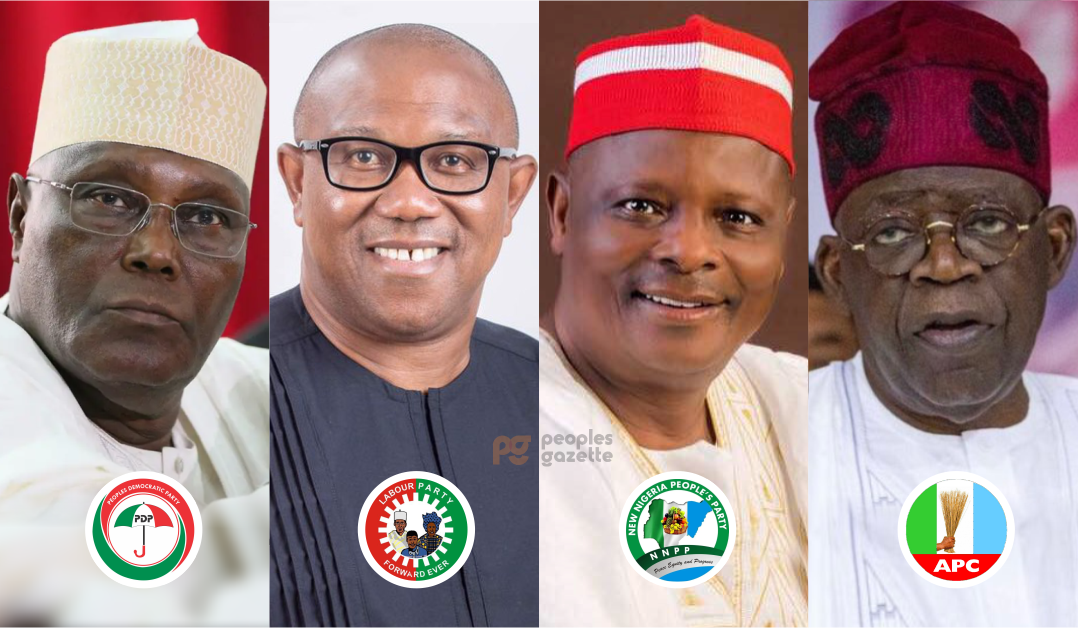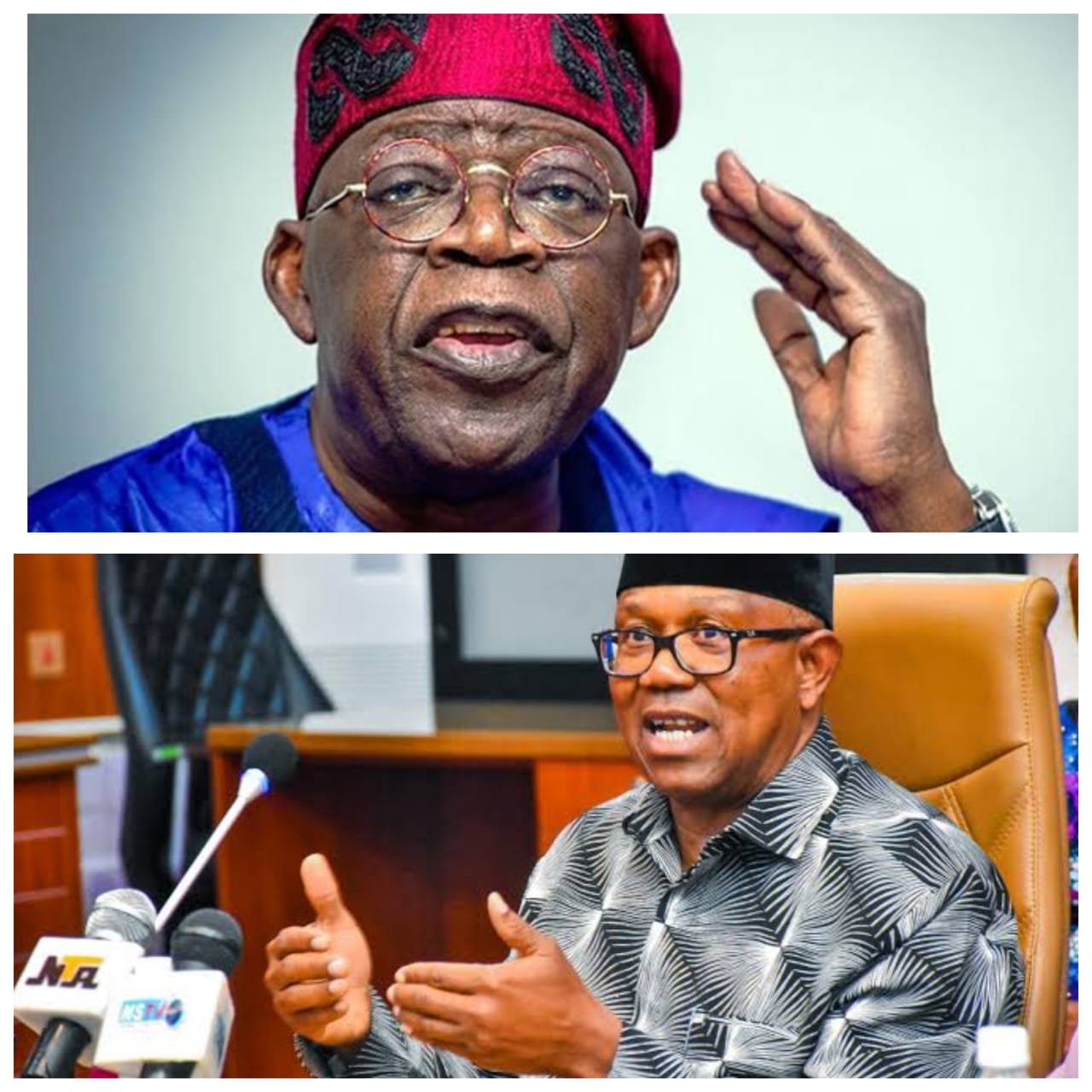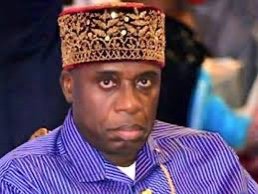As the 2027 presidential election loom closer, Nigeria’s political scene is heating up with intense, strategic alliances, the three leading contenders president Bola Ahmed Tinubu, former Vice President Atiku Abubakar, and former Anambra State Governor Peter Obi are all positioning themselves to capture the nation’s top seat. with recent waves of coalition talks involving political heavyweights like Nasir El-Rufai, Rotimi Amaechi, Peter Obi, and Rabiu Kwankwaso, one question remains: who will emerge as the consensus candidate to challenge others?
President Bola Tinubu (APC strategy: Incumbency, political consolidation, and Reforms Narrative.
Atiku Abubakar (PDP) strategy: coalition building, Northern Base, and Political Experience.
As the Incumbent President, Bola Tinubu is rely heavily on the power of incumbency, a solidified grip on the APC structure, and a narrative of bold economic reforms Despite criticism over inflation and the fallout from the fuel subsidy removal, Tinubu’s camp presents his administration as one taking the tough decisions Nigeria needs. party loyalty and discipline within APC, strategic defections from opposition parties to project dominance, international support for economic polities, appealing to elite voters and foreign investors. His endorsement by the APC as its sole 2027 candidate reflects a no vacancy signal to any internal opposition.
Atiku Abubakar too, remains a key figure in Nigeria politics with an unyielding ambition. At 78 by 2027, age is both a talking point and a symbol of political longevity, His main strategy is forging a united opposition: Atiku is engaging in coalition talks with Peter Obi, El-rufai, and others to form a grand alliance aimed at defeating the APC. Appealing to Northern Voters, where he maintains a strong base. Branding himself as the elder statesman, emphasizing governance experience and diplomatic acumen.
However skepticism remains over whether he would step aside for a younger or more broadly accepted candidate like Obi if unity is prioritized over personal ambition.
Peter Obi (Labour Party) Strategy: Grassroots Mobilization, Youth Engagement, and Ethical Governance
Peter Obi’s 2023 campaign redefine political engagement in Nigeria, especially among the youth. although he finished third, he energized a movement now known as the “obidient” wave. His strategy for 2027 includes building a cross-regional coalition rooted in good governance and anti-corruption. Leveraging the youth and diaspora support base, focusing on technology, job creation, and transparency. positioning as a compromise candidate in any mega-opposition coalition, insisting that any alliance must put Nigeria first, Not just grab power. whether he contests under the labour party or emerges as a coalition candidate remains to be seen. However, Obi has publicly stated he will not be part of coalition that does not prioritize national interest over elite power-sharing.
The Coalition Question: Who Will They Pick?
Recent talks among opposition figures like Obi, Kwankwaso, Atiku, and El-Rufai signal a potential realignment ahead of 2027, However, ideological differences, regional ambitions, and ego-driven politics pose significant challenges. will Peter Obi be accepted as a consensus candidate? many in the coalition see Obi as having the youth appeal and integrity needed to win over skeptical voters. will Atiku step down or insist on another run? His political capital and influence are undeniable, but his multiple unsuccessful atempts may lead some to push for fresh leadership. where does Kwankwaso stand? Kwankwaso insists on a democratic process to select the candidate. his followers are watching closely to see if he’ll align with Obi or run independently again.
The race is not just about names it’s about narratives, numbers, and national mood. will Nigerians opt for continuity, a generational shift, or a return to old experience? 2027 may be one of the most consequential elections in Nigeria’s democratic history.
Divulge.



